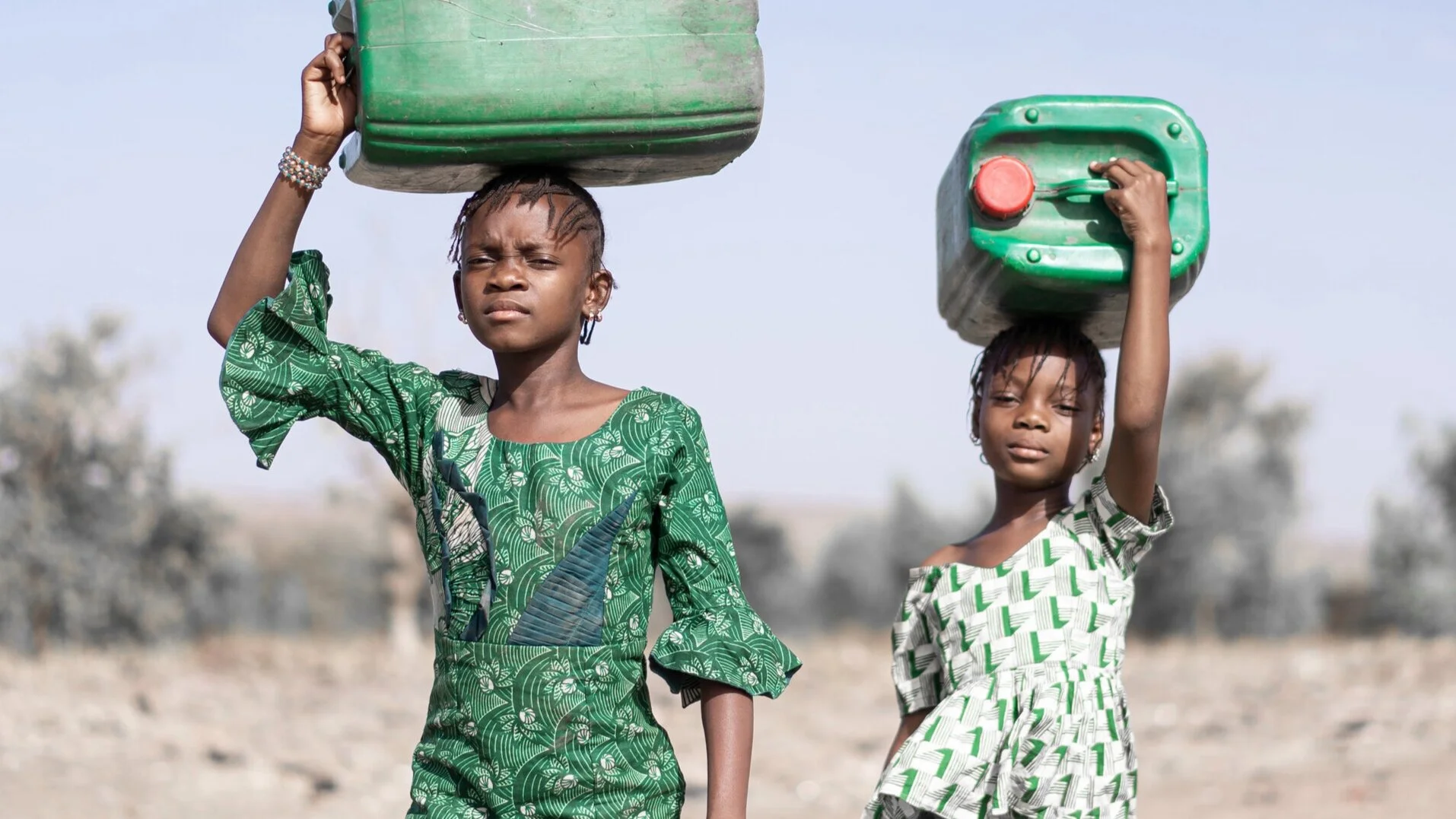
Current Initiatives
projects that make a large impact without large cost, time, and effort
Addressing Vaginal Fistulae
Keeping Girls in School
It is well known that keeping girls in school provides benefits to the community that extend far beyond the student. Staying in school delays onset of first pregnancy and decreases incidence of child marriage. Both of these favorably impact maternal and child mortality, and decrease childbirth injury (including vaginal fistula).
Currently, our organization does not lead initiatives to keep girls in school but we support others who do. Our friends at Westwood Community Church in Chanhassen, Minnesota partner with World Relief and other international organizations to keep girls in school. These organizations provide feminine hygiene training to young people in rural Malawi to decrease the stigma of menstruation and provide young women means of managing menstrual flow. This allows girls to keep up with their studies and stay in school. See the story of how this work inspired us to start Humanitarian Medical here. These efforts are already changing lives in rural Africa but the larger impacts will be realized when these girls,empowered by education, reach adulthood in the years to come.
Learn about future ideas to prevent fistula here.
Managing life with a Vaginal Fistula
There are several organizations already working hard to provide surgical repair of vaginal fistulas in impoverished countries. Despite this, thousands of women suffering from fistula do not get treatment. There are several reasons for this. There are limited surgical hospitals in these countries. The hospitals that have been established may lack sufficient trained personnel or do not have enough medical resources to meet demands. Transportation of incontinent women to these centers is also a challenge. Even for those women who are repaired, some remain incontinent after surgery.
All these factors give us reason to supply a device that can be used to capture waste without the need for surgery. Our advisors from Africa and the US have conceptualized devices that are expected to help. We have two products in mind. One is more likely to reestablish normal living but might not serve all patients, depending on anatomical characteristics and the specific characteristics of the injury. The second device is more cumbersome but we expect it to be able to help a broader range of patients.
We intend to perform initial trial use of these products once we have raised initial funding. Based on findings, we will adjust designs and methods of use then conduct a larger, more extensive evaluation. Once we have the data to demonstrate these products bring the benefit we expect , we plan to raise additional monies to expand the impact.


